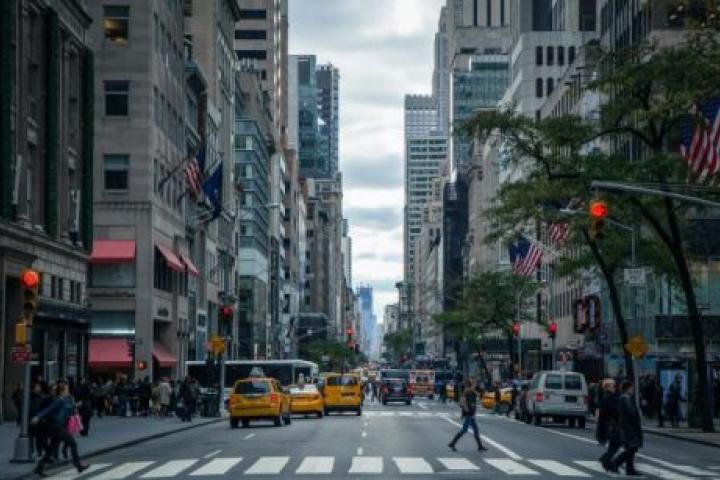How to find out if the city where you want to study is safe? Tips and tricks.
Deciding where to study is a big decision, and it's important to make sure that you'll be safe while you're pursuing your education. Here are a few things you can do to check if a city is safe to study in:
-
Research the city's crime rate: Look up the crime rate for the city you're considering studying in. Compare it to the national average and to other cities in the area to get a sense of how safe it is. Keep in mind that no city is completely crime-free, but some may have higher rates of certain types of crime than others.
-
Check out the local police department's website: Many police departments have a section on their website dedicated to community safety. This can be a good resource to get a sense of what types of crime are most common in the city and what the police are doing to address them.
-
Ask current students or faculty: If you know someone who is already studying in the city you're considering, ask them about their experiences. They can give you a sense of what it's like to live and study in the city and whether they feel safe there.
-
Look into the city's emergency services: It's important to know what resources are available in case of an emergency. Check to see if the city has a reliable ambulance service and fire department, and find out where the nearest hospital is located.
-
Consider the city's location: If the city is located in a country with a high level of political instability or civil unrest, it may not be the safest place to study. Research the current political climate of the country and any recent history of violence or unrest.
By taking the time to do your research and consider these factors, you can make an informed decision about whether a city is safe to study in.

In addition to researching the safety of a city, it's also a good idea to consider what kind of insurance you'll need while you're studying there. Here are a few things to consider:
-
Health insurance: Make sure you have a good health insurance plan that will cover you while you're studying abroad. Look into whether your current plan will cover you in the city you're considering or if you'll need to purchase a new one.
-
Travel insurance: Travel insurance can help protect you in case of unforeseen circumstances, such as flight cancellations, lost luggage, or medical emergencies. Consider purchasing a travel insurance policy that covers you while you're studying abroad.
-
Personal property insurance: If you're bringing valuable items with you, such as a laptop or expensive camera, consider purchasing personal property insurance to protect them in case of theft or damage.
-
Liability insurance: If you're planning on participating in any activities that could result in injury or property damage, such as sports or volunteering, it's a good idea to have liability insurance in case you're held responsible.
By considering these types of insurance, you can ensure that you're protected while you're studying abroad. It's always better to be safe than sorry, and having the right insurance can give you peace of mind and allow you to focus on your studies. Studyportals can help you with all your worries on insurance. We partnered up with Aon, and expert in international student insurance. They have great student insurance products that are tailored to your personal situation.
In conclusion, it's important to do your research and consider a variety of factors when deciding if a city is safe to study in. This includes looking into the crime rate, local police department, emergency services, and location. Don't forget to also think about insurance, as it can help protect you in case of unforeseen circumstances. By taking the time to carefully consider these things, you can make an informed decision and feel confident in your choice of where to study.




